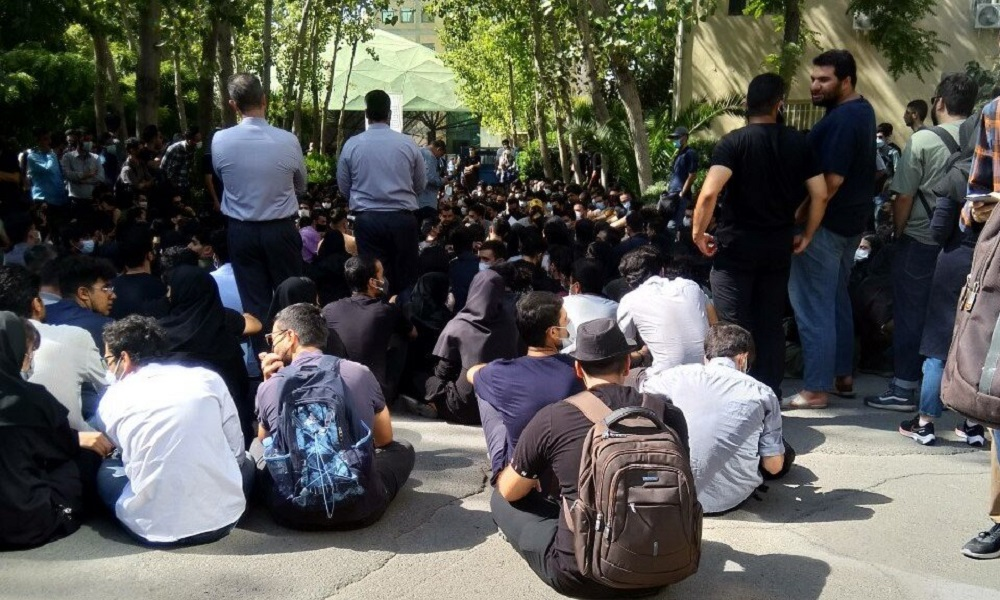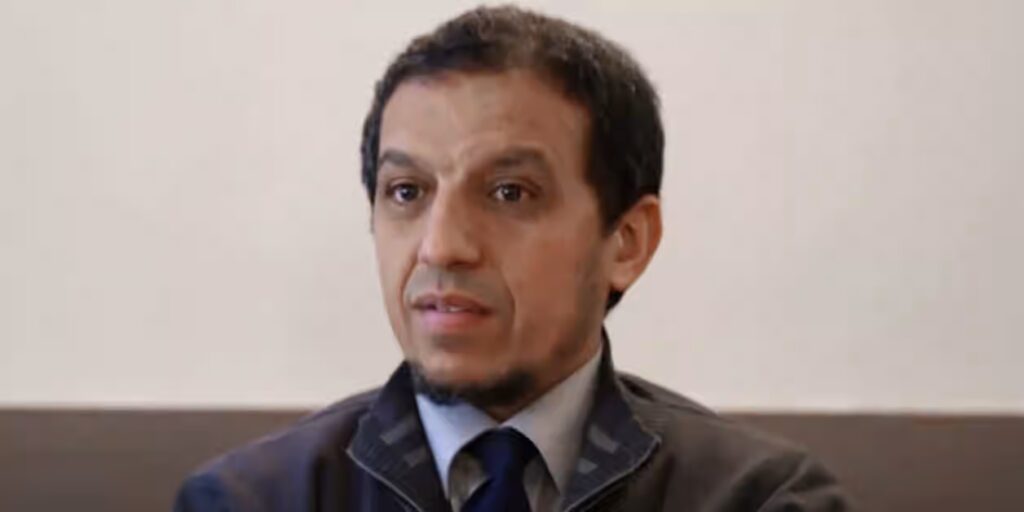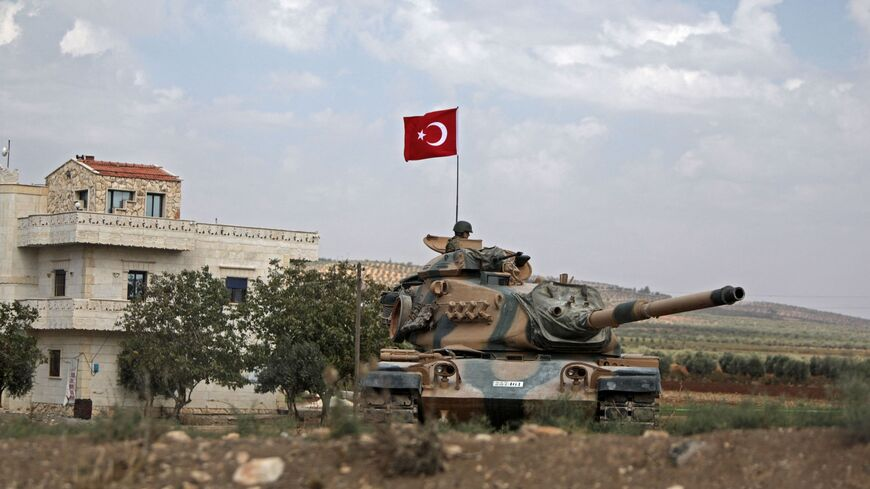The West Must Stop Blocking Negotiations Between Ukraine and Russia

Russia invaded Ukraine on February 24, 2022. This war has been horrendous, though it does not compare with the terrible destruction wrought by the U.S. bombardment of Iraq (“shock and awe”) in 2003. In the Gomel region of Belarus that borders Ukraine, Russian and Ukrainian diplomats met on February 28 to begin negotiations toward a ceasefire. These talks fell apart. Then, in early March, the two sides met again in Belarus to hold a second and third round of talks. On March 10, the foreign ministers of Ukraine and Russia met in Antalya, Türkiye, and finally, at the end of March, senior officials from Ukraine and Russia met in Istanbul, Türkiye, thanks to the initiative of Türkiye’s President Recep Tayyip Erdoğan. On March 29, Türkiye’s Foreign Minister Mevlüt Çavuşoğlu said, “We are pleased to see that the rapprochement between the parties has increased at every stage. Consensus and common understanding were reached on some issues.” By April, an agreement regarding a tentative interim deal was reached between Russia and Ukraine, according to an article in Foreign Affairs.









